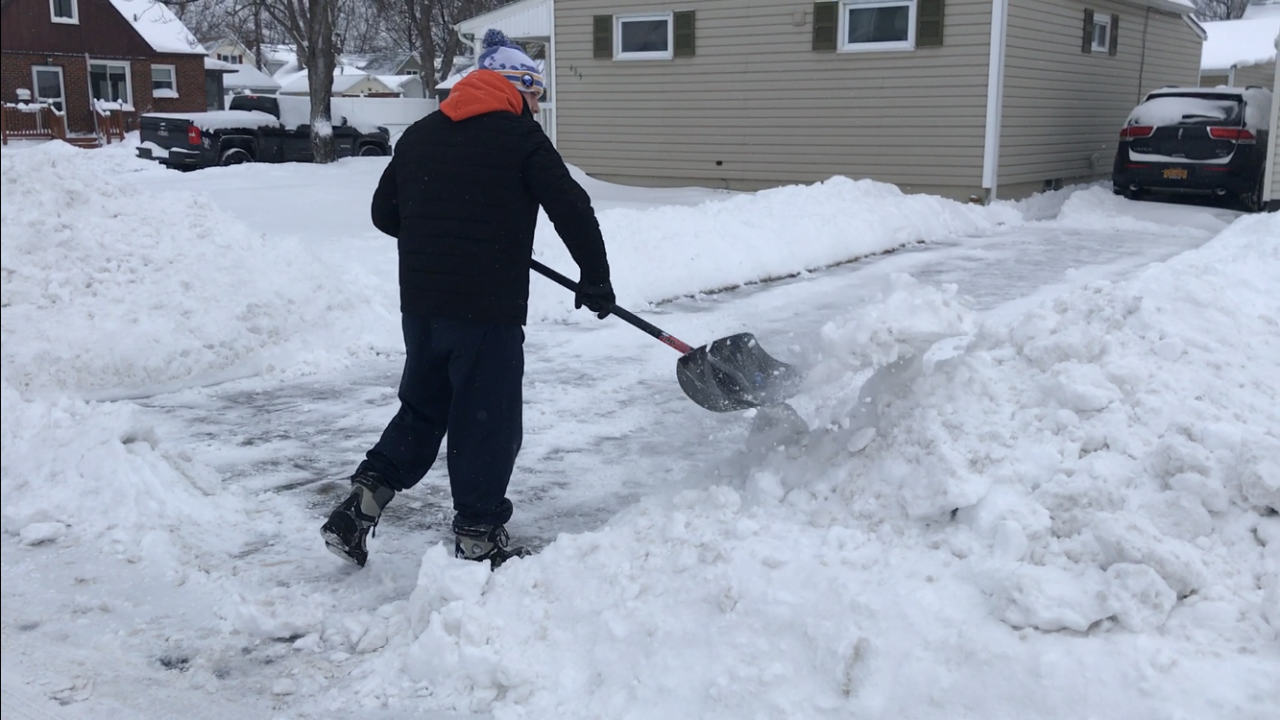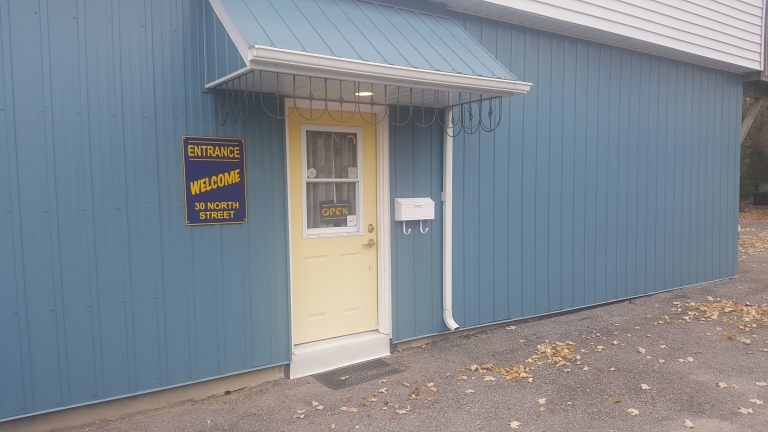The Hazards of Snow Shovelling
As winter progresses and snow accumulates, it’s important to keep your driveways and entrances clear for safety. However, shovelling snow can be a strenuous activity that can lead to several health problems, especially if proper precautions aren’t taken. In this blog post, we’ll discuss some of the common ailments from shovelling snow and ways to prevent them.
- Muscle Strains and Sprains
One of the most common ailments from shovelling snow is muscle strains and sprains. The repetitive lifting and twisting involved in shovelling can put a lot of strain on the muscles and joints in your arms, back, and legs, leading to painful strains and sprains. To prevent these injuries, it’s important to warm up before shovelling, take frequent breaks, and use proper lifting techniques.
Arnica montana is a common homeopathic remedy for muscle strains and sprains, and general soreness. It also helps reduce swelling, pain, and bruising. Rhus toxicodendron is another homeopathic remedy that may be helpful for muscle strains and sprains, especially if the pain is worse when beginning to move and improves with continued motion.
- Back Pain
Back pain is another common ailment from shovelling snow, especially if you don’t use proper lifting techniques. When shovelling snow, it’s important to bend your knees and lift with your legs, rather than your back. This will help reduce the strain on your lower back and prevent back pain. Additionally, using a snowblower or hiring a snow removal service can also help prevent back pain.
Bryonia alba is a homeopathic remedy that is sometimes used for back pain. It helps relieve stiffness and pain that is worse with movement. Ruta graveolens is another homeopathic remedy that may be helpful for back pain, especially if the pain is caused by overexertion or strain.
- Heart Attack
Shovelling snow can be a very strenuous activity, and for people with underlying heart conditions, it can increase the risk of a heart attack. This is because shovelling snow can raise your heart rate and blood pressure, putting a strain on your cardiovascular system. If you have a history of heart disease, it’s important to talk to your doctor before shovelling snow, and consider hiring a snow removal service instead.
In the event of an actual heart attack, time is of the essence. Call 911 immediately. Arnica montana in a 30ch or 200ch potency can be given every 5-10 minutes while waiting for the ambulance.
- Hypothermia and Frostbite
When shovelling snow, it’s important to dress appropriately for the cold weather. Failure to do so can lead to hypothermia and frostbite. Hypothermia occurs when your body temperature drops too low, while frostbite occurs when your skin and underlying tissues freeze. To prevent these conditions, dress in layers, wear a hat and gloves, and take frequent breaks to warm up.
Aconitum napellus is a homeopathic remedy that is sometimes used for the early stages of hypothermia or frostbite. It helps reduce coldness and numbness. Other remedies that may be helpful for these conditions include Agaricus muscarius and Carbo vegetabilis.
- Dehydration
While it may seem counterintuitive, dehydration is a common ailment from shovelling snow. This is because people tend to sweat more when shovelling snow than they would in warmer weather, and may not realize they’re becoming dehydrated. To prevent dehydration, drink plenty of fluids before, during, and after shovelling snow, and avoid alcohol and caffeine, which can dehydrate you further.
There are several homeopathic remedies that may be helpful for dehydration, depending on the specific symptoms that you are experiencing. For example, Nux vomica is a homeopathic remedy that may be helpful if you are feeling irritable, restless, and thirsty. Phosphorus is another remedy that may be helpful if you are experiencing a dry mouth and a desire for cold drinks.
In conclusion, shovelling snow is a necessary but strenuous activity that can lead to several health problems if proper precautions aren’t taken. By warming up before shovelling, using proper lifting techniques, dressing appropriately, and taking frequent breaks, you can reduce your risk of muscle strains, back pain, heart attacks, hypothermia, frostbite, and dehydration. If you’re concerned about your ability to shovel snow safely, consider hiring a snow removal service or asking for help from friends or family. Stay safe and warm this winter!







